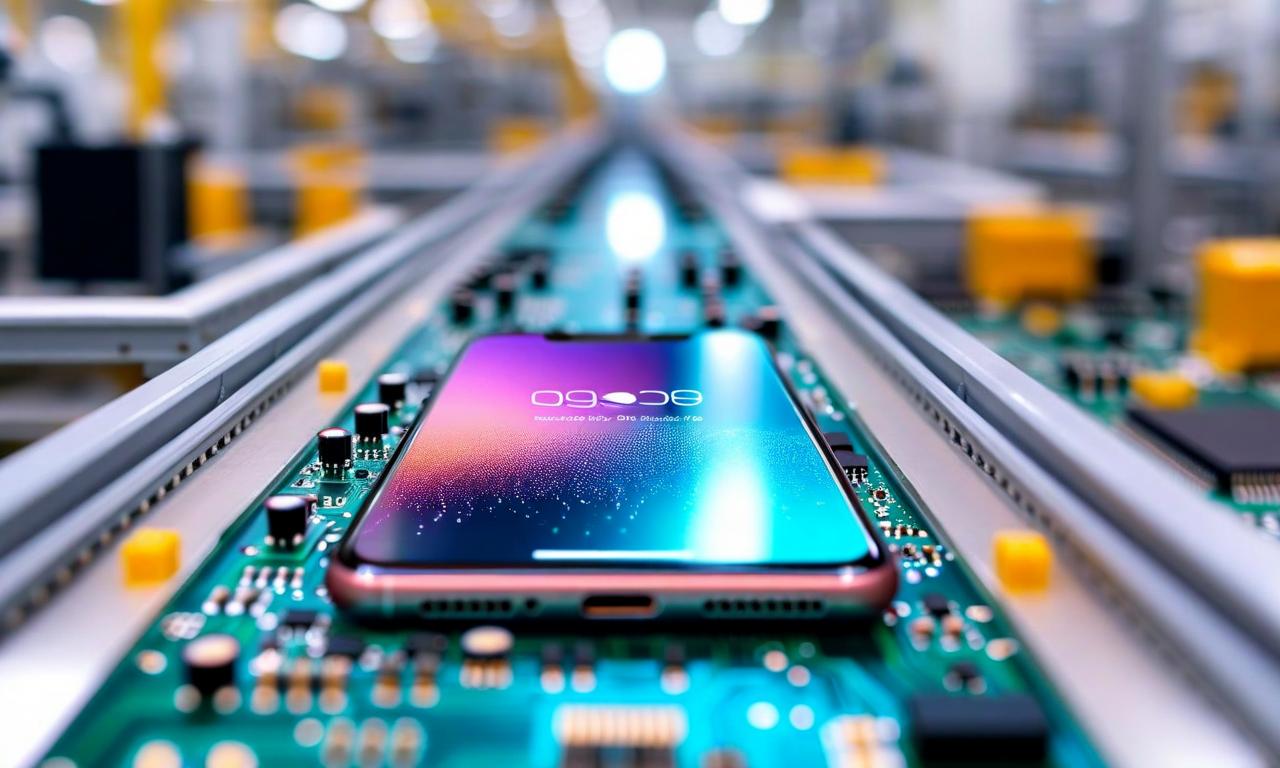Apple's Analyst Sentiment Hits Five-Year Low Amid Dual Downgrades
Apple's analyst sentiment has reached its lowest point in nearly five years, with only 55% of analysts recommending buying shares. The company received two significant downgrades, with D.A. Davidson lowering its rating from 'buy' to 'neutral' and Phillip Securities downgrading from 'neutral' to 'reduce'. Concerns include disappointing product announcements, Apple's positioning in AI, and weakness in the China market. Despite these challenges, Apple's stock rose 0.60% on Thursday, but remains down 9.00% year-to-date, underperforming the Nasdaq 100 index.

*this image is generated using AI for illustrative purposes only.
Apple Inc., the tech giant known for its innovative products, is facing a challenging period as analyst sentiment reaches its lowest point in nearly five years. The company received two significant downgrades on Thursday, causing its analyst recommendation consensus to drop to 3.9 out of 5, a level not seen since early 2020.
Declining Buy Recommendations
The recent downgrades have led to a notable shift in analyst recommendations for Apple stock. Currently, only 55% of analysts recommend buying Apple shares, a figure that pales in comparison to other tech megacaps. For context, companies like Nvidia, Microsoft, and Amazon boast buy ratios exceeding 90%, highlighting the growing concerns surrounding Apple's near-term prospects.
Recent Downgrades
D.A. Davidson's Downgrade
D.A. Davidson, a prominent financial services firm, downgraded Apple's stock from 'buy' to 'neutral'. Analyst Gil Luria cited disappointment with recent product announcements, including the introduction of a thinner iPhone. More importantly, Luria expressed concerns about Apple's positioning in the rapidly evolving artificial intelligence (AI) landscape.
"Apple's role in the AI ecosystem and potential upgrade cycle are unlikely to materialize near-term," Luria stated, suggesting that the company may be lagging behind its competitors in leveraging AI technology.
Phillip Securities' Cautious Outlook
Adding to the bearish sentiment, Phillip Securities also downgraded Apple's stock from 'neutral' to 'reduce'. This decision came in the wake of Apple's impressive 30% rally from its April lows, indicating that the firm believes the stock may be overvalued at current levels.
Analyst Helena Wang from Phillip Securities pointed to a cautious outlook, citing a "lack of significant AI innovation and persistent weakness in products and China market" as key factors influencing their decision.
Market Performance
Despite the downgrades, Apple's stock showed resilience on Thursday, rising 0.60%. However, this minor gain does little to offset the company's underperformance, with shares down 9.00% year-to-date. This decline is particularly notable when compared to the Nasdaq 100 index, which has posted a robust 14.00% gain over the same period.
The contrasting performance between Apple and the broader tech market underscores the challenges the company faces. As competitors make strides in AI and other emerging technologies, investors and analysts alike are closely watching Apple's next moves to maintain its competitive edge and reignite growth.
As Apple navigates these headwinds, the company's ability to innovate, particularly in the AI space, and address concerns about product cycles and market performance will be crucial in regaining analyst confidence and maintaining its position as a leading tech stock.

























